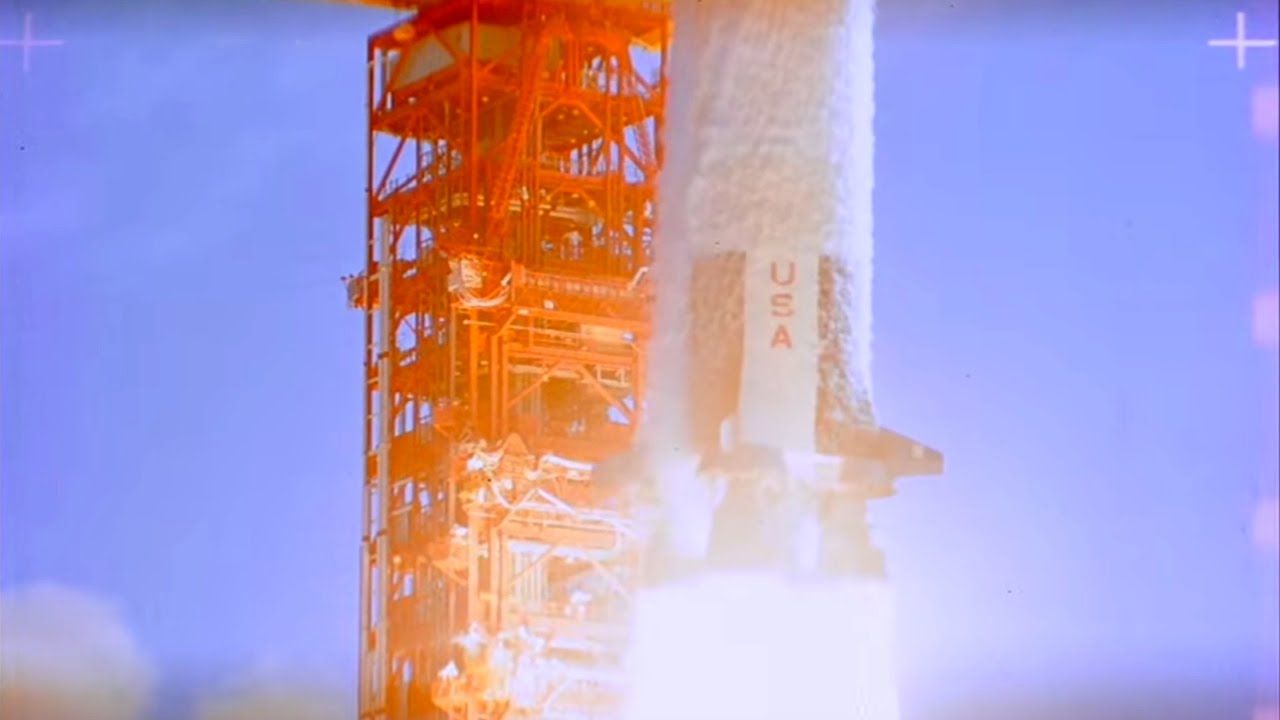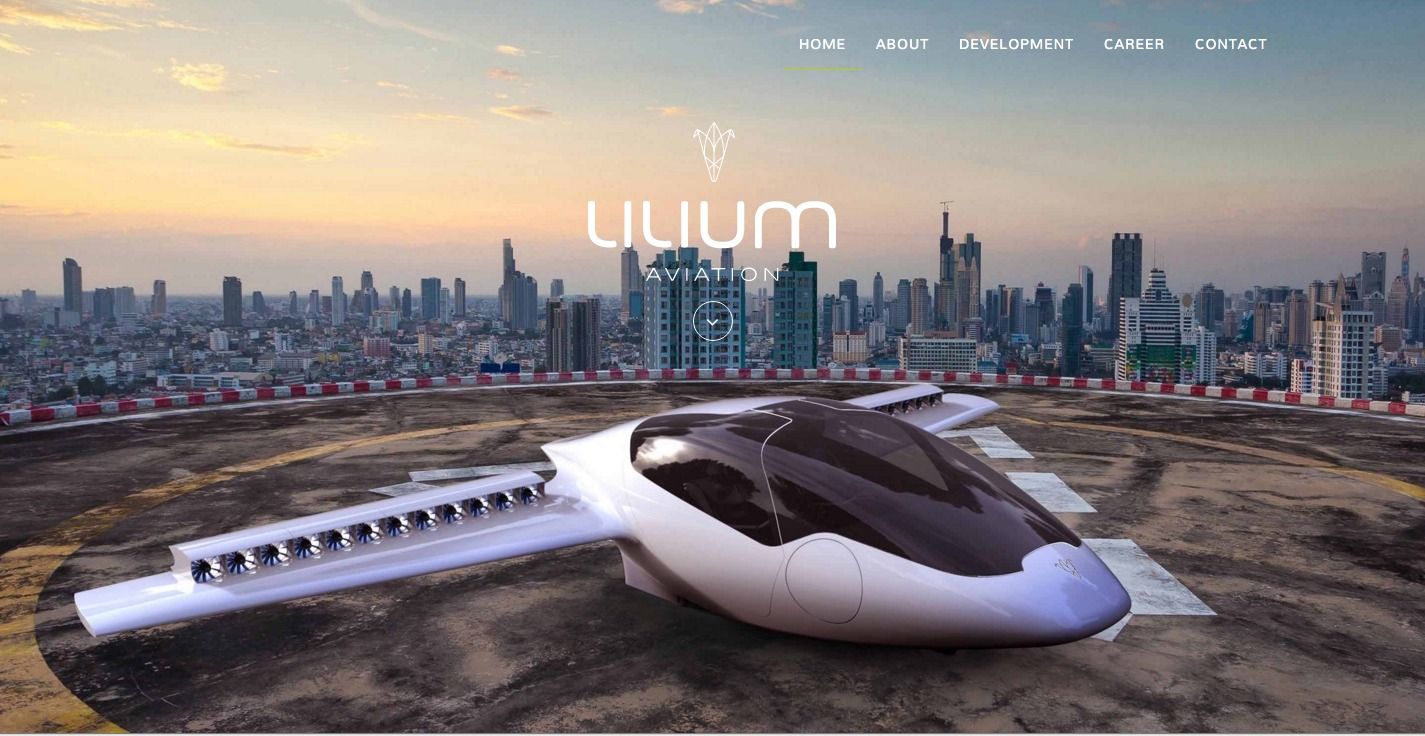The scientists who support Project Blue are already thinking about how future explorers could get to the planets around Alpha Centauri.



Planting a flag in Europe for the development of the kind of “deep technology” companies that have long been the bread and butter of Silicon Valley, the European venture firm Atomico has invested 10 million euros in the vertical take-off and landing plane developer, Lilium Aviation.
The roughly $10.7 million Series A investment announced at TechCrunch Disrupt London is meant to help Lilium develop into a manufacturer of a commuter alternative to helicopters and traditional planes.
Since the 1950s and 1960s, flying cars have ranked right up there with jetpacks as an example of the fulfillment of our expectations for future travel (I still think the Uber and Lyft app is pretty magical).




Check out these scifi weapons that actually exist! These futuristic weapons are absolutely mindblowing!
Subscribe For New Videos! http://goo.gl/UIzLeB
Watch our “AMAZING Animal Superpowers!” video here: https://youtu.be/RWrJtOVN_y4
Watch our “Most TERRIFYING Sea Monsters Ever!” video here: https://youtu.be/B9aPB6KB504
Watch our “Most DANGEROUS Beaches In The World!” video here: https://youtu.be/LW-PrAyESq4
Tags: scifi, weapons, actually, exist, scifi weapons, actually exist, scifi weapons that actually exist, futuristic, futuristic weapons, weapons from the future, real scifi weapons, real futuristic weapons.

Fossilised bacteria have been uncovered in two separate locations in South Africa, and they’ve been dated to 2.52 billion years ago — long before oxygen started to saturate Earth’s atmosphere.
Instead of thriving in oxygen, like the trees and multicellular organisms that came after them did, these bacteria oxidised sulphur to survive, suggesting that life could be sustained on a planet with less than one-thousandth of a percent of Earth’s current oxygen levels.
The fossils were uncovered in a layer of hard, silica-rich rock in the Kaapvaal Craton of the Limpopo Province in South Africa — one of the two remaining areas in the world where Earth’s crust from 3.6 to 2.5 million years ago is still accessible.



The pioneering and world-leading research conducted at the University of Exeter’s state-of-the-art Living Systems Institute (LSI) will form the basis of the latest high-profile Global Conversation event.
The iconic new research facility, located on the University’s Streatham Campus, will host 100 specially-invited guests at the prominent event, held on Monday, 28 November.
The event, the first Global Conversation to be held on campus, gives the distinguished guests an exclusive opportunity to preview the new £52 million LSI facility, which brings together world-leading scientists and researchers from diverse discipline backgrounds.